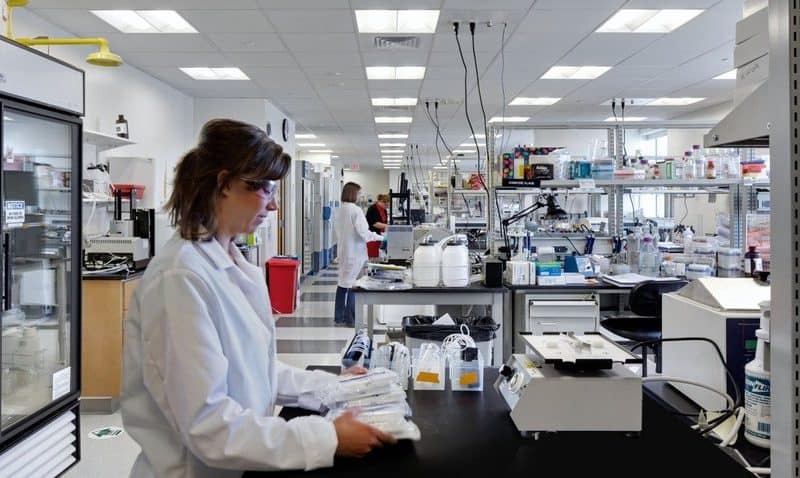Epizyme is cutting 12% of its staff and ending two clinical studies, including mid- and early-stage combo trials for the FDA-approved cancer treatment Tazverik, in an effort to cut costs.
The workforce reduction and pipeline update was noted in a brief statement in the biotech’s fourth-quarter earnings report Tuesday. The terminations are slated for the first quarter of 2022 with the company projecting savings of as much as $3.2 million. In a statement, Epizyme said the cuts were “spread across multiple areas of the business.”
Epizyme will also cut two clinical trials, citing a need to save money and avoid “potentially overlapping studies.” The first is a phase 2 combo trial testing Tazverik with Genentech-Biogen’s Rituxan in follicular lymphoma. The other is a phase 1 combo trial testing Tazverik with other combinations against solid tumors.
The company scored an FDA nod in 2020 for Tazverik to be used in patients with advanced epithelioid sarcoma, an approval that was shortly thereafter expanded to include follicular lymphoma. As of now, Epizyme’s pipeline is top-heavy, with much of it dedicated to expanding Tazverik in the two indications in combination with other therapies.
Last year, the company spent $131 million on its R&D program, an increase of more than $20 million compared to 2020.
Epizyme aims to make inroads in cancer treatment by modifying gene expression through epigenetics, a process by which chromatin-modifying proteins tweak the DNA and its associated proteins. By working with these modulators, the company hopes to affect gene expression without actually editing the gene itself.
The new cost-saving measures come less than a month after GlaxoSmithKline announced it was terminating the final two of three targets the two companies agreed to develop back in 2011. The first was axed in 2017. In an email to Fierce Biotech, Epizyme says it has yet to decide whether development on the two candidates, PRMT1 and PRMT, will continue.
GSK agreed to pay the smaller biotech $20 million upfront, but the deal was primarily backloaded, with more than $630 million on the table for milestone payments. The company ultimately received $89 million from the British Big Pharma, but $375 million was left untouched. The company also was in store for up to double-digit royalty payments had any of the three targets hit the market.

